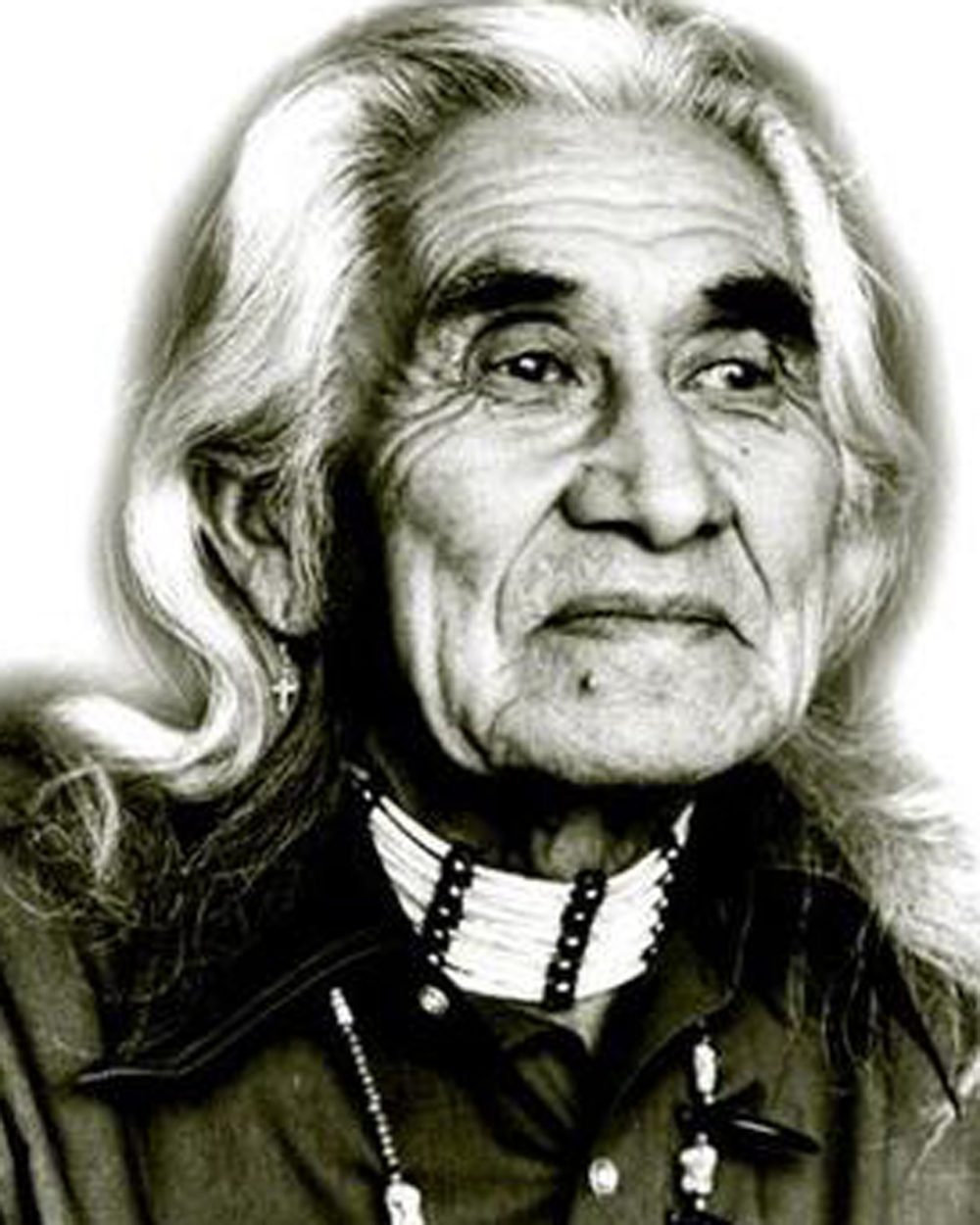COLUMN: Flashback February 16, 1972 – Chief Dan George shares his views of culture, brotherhood
Advertisement
Hey there, time traveller!
This article was published 14/10/2024 (302 days ago), so information in it may no longer be current.
Chief Dan George shared his thoughts on brotherhood and understanding with Carillon readers during Brotherhood Week in February of 1972. The article, written by the chief of the Tsleil-Waututh Nation, located on Burrard Inlet in North Vancouver, British Columbia, is as relevant today as it was then.
“I am a native North American. In the course of my life I have lived in two distinct cultures. I was born into a culture that lived in communal houses. My grandfather’s house was 80 feet long. It was called a smoke house and it stood by a beach along Burrard Inlet. All of my grandfather’s sons and their families lived in this large dwelling.
“Their sleeping apartments were separated by blankets made of bull rush reeds. One open fire in the middle served the cooking needs for all. In houses like these, our people learned to live with one another, they learned to serve one another, and they learned to respect the rights of one another.

“Our children shared the thoughts of the adult world and found themselves surrounded by aunts and uncles, and cousins, who loved them. My father was born in such a house and learned from infancy how to love people and be at home with them.
“And beyond this acceptance of one another, there was a deep respect for everything in nature that surrounded them. My father really loved the earth and all its creatures. The earth was his second mother. The earth and everything it contained was a gift from See-see-am . . . and the way to thank this Great Spirit was to use his gifts with respect.
“I remember, as a little boy, fishing with him, and I can still see him, as the sun rose above the mountain top in the morning, standing by the water’s edge with his arms raised above his head, while he softly cried to the Great Spirit. . . ‘Thank you.’ ‘Thank you.’
“It left a deep impression on my young mind. And I shall never forget his disappointment when once he caught me gaffing for fish ‘just for the fun of it.’
“The Great Spirit gave you those fish to feed you when you are hungry. You must respect them. You must not kill them just for the fun of it.
“This, then was the culture I was born into, and the only one I really knew or tasted. This is why I find it hard to accept many of the new things I see around me. I see people living in houses hundreds of times bigger than the one I knew. People living in an apartment in a big building do not even know the people in the next apartment, and care less about them.
“It is also difficult for me to understand the deep hate that exists among people. It is hard for me to understand a culture that spends more on wars and weapons to kill than it does on education and welfare to help and develop jobs for mankind.
“It is hard for me to understand a culture that not only hates and fights his brothers, but even attacks nature and abuses her. I see my white brothers going about blotting out nature from his cities.
“I know that my white brother does many things well, but I wonder if he has ever really learned how to love? Perhaps he loves the things that are his own, but has never learned to love the things that are outside and beyond him. Man must love all creation or he will love none of it.
“My friends, how desperately do we need to be loved and to love. When Christ said that man does not live by bread alone, He spoke of hunger. This hunger was not the hunger of the body. He spoke of a hunger that begins deep down in the very depths of man . . . a hunger for love.
“You and I need the strength and joy that comes from knowing that we are loved. With it we are creative. With it we march tirelessly. With, and with it alone, we are able to sacrifice for others. There are times when we all want so desperately to feel a reassuring hand upon us.
“I am afraid my culture has little to offer yours. But my culture did praise friendship and companionship. It did not look on privacy as a thing to be clung to. My culture lived in big family communities, and from infancy people learned to live with others.
“Everyone likes to give as well as receive. No one wishes only to receive all the time. We have taken much from your culture. I wish you had taken something from ours. There are some beautiful and good things in our culture.
“Soon it will be too late to know my culture, for integration is upon us, and soon we will have no values but yours. Already so many of our young people have forgotten the old ways.
“The only thing that can truly help us is genuine love. You must truly love. Be patient with us and share with us. And we must love with a genuine love that forgives and forgets.
“A love that forgives the terrible sufferings your culture brought ours, when it swept over us like a wave crashing along a beach . . . with a love that forgets and lifts up its head and sees in your eyes an answering look of trust and understanding.”
